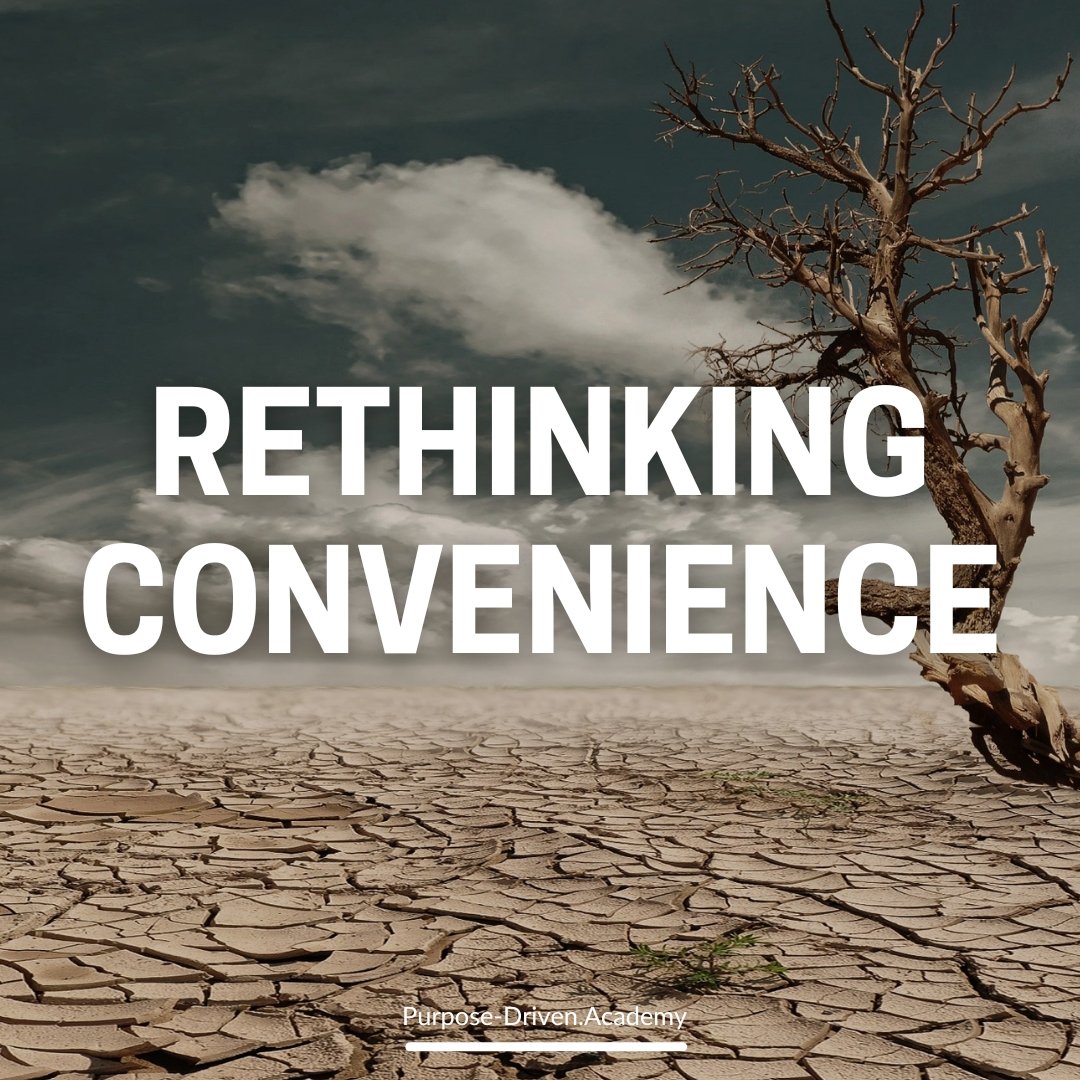Rethinking Convenience
Convenience Is Not Neutral – It’s a Choice With Consequences
Let’s take a laundry detergent.
You’re at the supermarket, standing in front of two products:
One is cruelty-free, 100% plant-based, biodegradable, free from petroleum, and doesn’t pollute water systems.
The other costs half as much, it does harm the environment and the animals.
Which one do most people choose?
That’s the story of convenience.
And it’s not just about soap.
It’s the logic behind fast fashion, disposable tech, ultra-fast delivery, and algorithmic decision-making.
It’s the story of businesses designed to minimize friction — not always for the customer, but for the system that benefits from their choices.
Ursula Le Guin’s short story The Ones Who Walk Away from Omelas describes a city built on joy and abundance — at the cost of one child’s permanent suffering. The people know. Most accept it. A few leave.
Sound extreme? Maybe. But swap the child for a garment worker, a warehouse employee, or an underpaid subcontractor, and the story becomes very familiar.
We live in systems where convenience for some depends on invisibility, silence, or harm for others.
And we’re so used to it, we don’t even see it anymore.
Convenience is not a value.
It’s a tradeoff we’ve normalized.
Businesses that aim to be purpose-driven need to ask uncomfortable questions:
Who is paying for our efficiency?
What ethical costs have become standard practice?
What behaviors are we rewarding in the name of “speed” or “scalability”?
Culture lives in these decisions. Not in the mission statement. Not in the brand book.
In the way we prioritize, in what we’re willing to ignore, and in what we call “just how things work.”
But here’s the truth:
What’s convenient now may become deeply inconvenient later — for your team, your brand, your legacy.
Purpose isn’t about heroism. It’s about responsibility.
Let’s stop pretending convenience is neutral.
Let’s start building cultures — and businesses — that make better tradeoffs.


